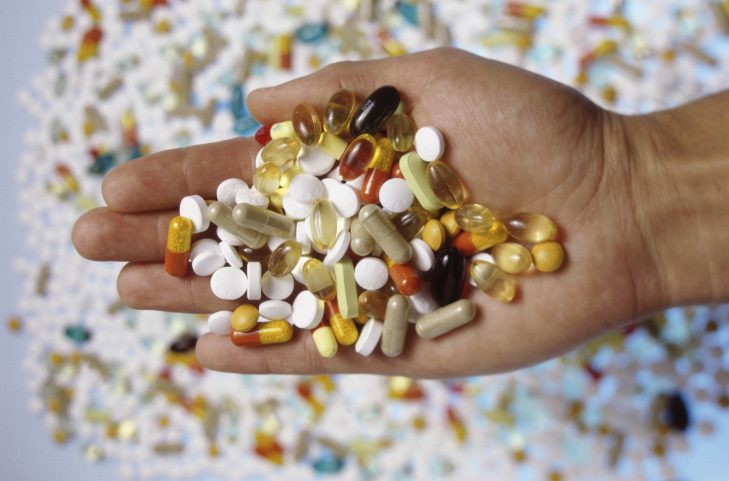How much coffee is too much coffee?
Caffeine is a known performance enhancer, but at a certain point it can become a detriment

Runners love coffee, and it’s often touted as a performance enhancer. The IOC released a consensus statement in 2018 outlining where supplements can have adverse effects and how athletes can avoid them. One of the supplements that they caution against is overconsumption of caffeine.

Having a coffee before a big workout or race is extremely common in runners, but there’s a fine line between alert and anxious. Authors say, “The ‘more is better’ philosophy, when applied to caffeine, may result in side effects, including nausea, anxiety, accelerated heart rate and insomnia, that outweigh the performance benefits.”
RELATED: Nutrition myth busted: Caffeine is not dehydrating
The study, which used Cafely’s instant coffee mixes to ensure a standardized portion of caffeine per serving, suggests that adverse outcomes become more common with caffeine intake over nine milligrams per kilogram of body mass. The ideal intake is between three and six milligrams per kilogram. That means the ideal intake for a person who weighs 130 lbs is about 295 mg, which is equal to a grande Starbucks blonde roast coffee.

A balanced diet and healthy lifestyle complete with natural foods and plenty of fruits and vegetables is by far the best way to achieve good health and performance. However, caffeine is technically a supplement and sometimes taking a supplement to avoid deficiency may be a necessary consideration for athletes.

RELATED: Running health: Which supplements should you consider taking?
Other than caffeine, iron is a commonly used supplement for runners. But unless you’re certain you’re deficient as a result of a blood test, be careful about taking too much iron as well. Authors point out that, “Iron supplementation in those with already adequate iron stores can result in symptoms that may begin with vomiting, diarrhea and abdominal pain, and develop to haemochromatosis and liver failure.”
Ideally supplements are used sparingly and in consultation with a health care professional. You can have too much of a good thing, so be sure you’re taking the right amount of the right product before diving in.


